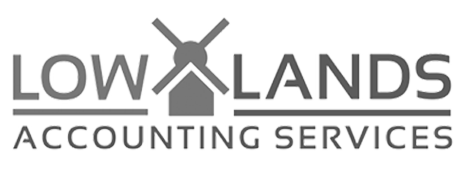
Many companies — both from the European Union and the Russian Federation — are currently facing problems with the recovery of advance payments made under contracts affected by the EU sanctions. This issue typically arises where advance payments were made under contracts for goods or services which subsequently became subject to export restrictions.
Under the Article 11(1) of EU Regulation No. 833/2014 (hereinafter ‘Regulation’), any claims arising from such contracts cannot be fulfilled if asserted by sanctioned individuals, or generally by Russian persons, entities, or organizations, or on their behalf.
However, despite this, the Article 11(3) of the Regulation allows affected parties to pursue legal proceedings to review the lawfulness of non-compliance with contractual obligations, in this case — failure to return the advance payment, whereas another important provision introduced in 2024, namely the Article 11(4), creates a useful legal tool for the parties to actually be able to execute the required transfer the funds. According to this provision, EU authorities may authorize a payment, following a case-by-case assessment, if it is strictly necessary for withdrawing of the EU company’s investments from Russia or winding down business operations there. This authorization can be granted until 31 December 2025.
What does this mean in practice?
If a EU company is in the process of exiting the Russian market or closing out business activities there, it is possible to apply for a ‘license’ to refund any advance payments it has received from Russian business partner(s). The application must be submitted by the EU-based seller of the goods/services to the EU authorities granting such licenses. Depending on the situation this approach can offer a practical legal solution that benefits both contract sides:
- The Russian buyer is able to recover pre-paid funds and comply with the Russian currency legislation;
- The EU-based seller can formally terminate the business relationship, avoid the risk of litigation, and demonstrate compliance with contract obligations — which might be valuable for maintaining good standing should business ties resume in the future.
In Germany, for example these authorizations are handled by the Deutsche Bundesbank and a positive practice of obtainment of such licenses already exists.
Hereto if your Russian business partner requests a refund but you or your executing bank are unsure whether you are legally allowed to process it, our team can advise on whether the specific conditions for authorization are met — and, where applicable, guide you through the license application process.
Furthermore, should no agreement be reached between the parties, the Russian party may also initiate court proceedings in the EU under Article 11(3), during which the court may rule on whether the EU-based party is required to apply for authorization under Article 11(4).
Our legal team can support you at every step — from preparing a strong justification for the refund to handling communications with the authorized authorities.
Time is critical: Given the current deadline of 31 December 2025 (unless a term extension is adopted by a subsequent sanction package), we recommend that companies intending to seek refunds, or needing to respond to such requests, act without delay. The approval process can take quite a time, so that interested parties should initiate the license application as soon as possible.
If you have questions about this process or wish to begin an application, we will be glad to assist you.







